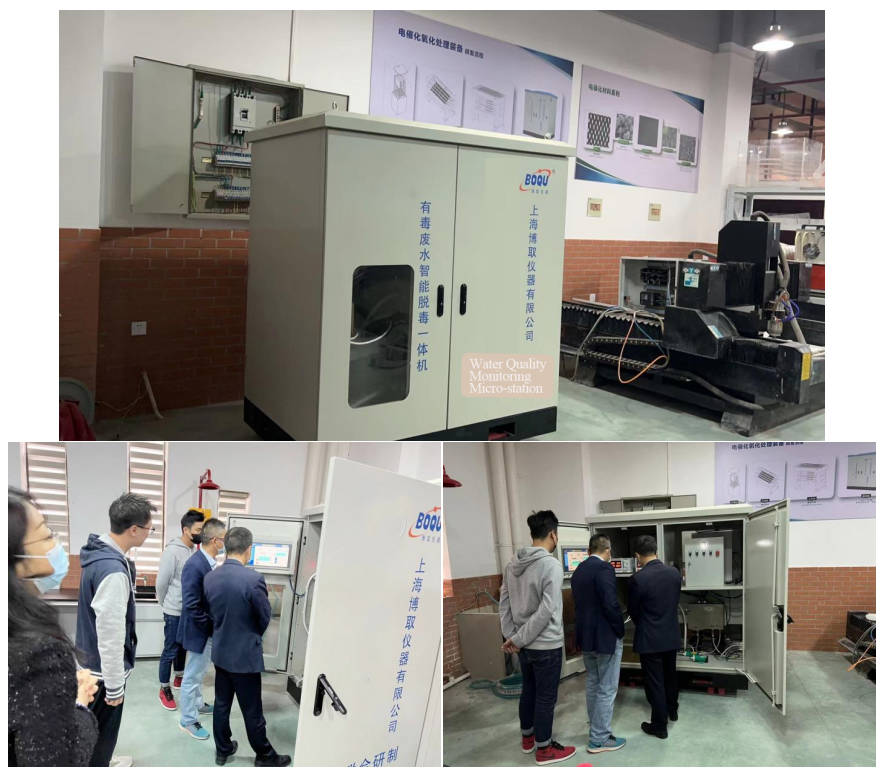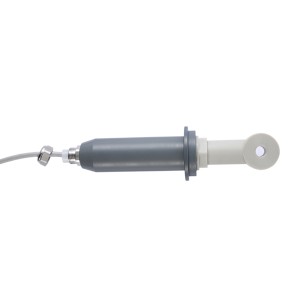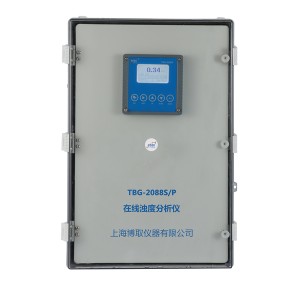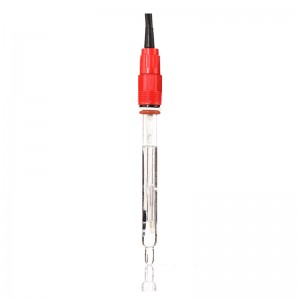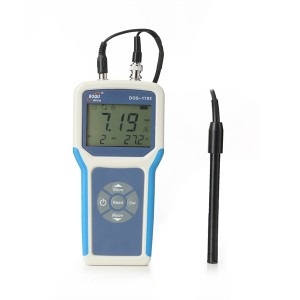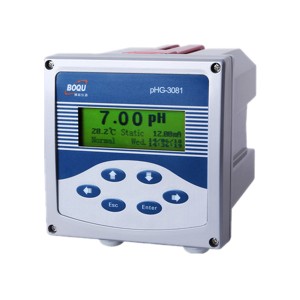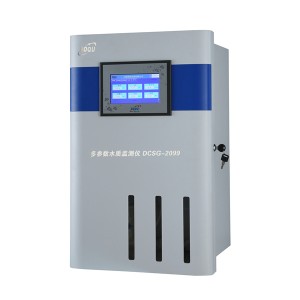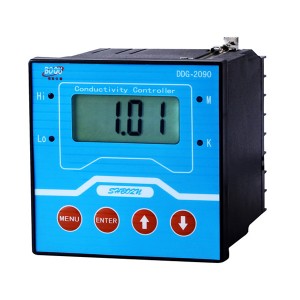This case is located within a university in Chongqing. The university covers an area of 1365.9 mu and has a building area of 312,000 square meters. It has 10 secondary teaching units and 51 enrollment majors. There are 790 faculty and staff members, and over 15,000 full-time students.
Project: Intelligent Detoxification Integrated Machine for Toxic Wastewater
Energy Consumption per Ton of Water: 8.3 kw·h
Organic Wastewater Detoxification Rate: 99.7%, High COD Removal Rate
· Modular Design, Fully Intelligent Operation: Daily Treatment Capacity: 1-12 Cubic Meters per Module, Multiple Modules Can Be Integrated for Use in Dual COD Mode, Equipped with Real-time Monitoring Devices for DO, pH, etc.
· Application Scope: Highly Toxic and Difficult-to-Degraded Organic Wastewater, Particularly Suitable for Universities and Research Institutes to Conduct Evaluation and Technological Research on Electro-catalytic Wastewater Treatment.
This intelligent detoxification integrated machine for toxic wastewater is suitable for treating leachate from landfill sites. The original leachate has a particularly high COD content and a relatively small volume, making its treatment rather complex. The original leachate enters the electrolytic cell for electrolysis and undergoes repeated electrolysis in the electrolytic cell. Organic pollutants are degraded during this process.
Monitoring factors:
CODG-3000 Chemical oxygen demand on-line automatic monitor
UVCOD-3000 Chemical oxygen demand on-line automatic monitor
BH-485-pH Digital pH sensor
BH-485-DD Digital conductivity sensor
BH-485-DO Digital dissolved oxygen sensor
BH-485-TB Digital turbidity sensor
The school’s intelligent detoxification integrated machine for toxic wastewater has automatic analyzers for COD, UVCOD, pH, conductivity, dissolved oxygen and turbidity produced by Bokuai Company installed at the inlet and outlet respectively. A water sampling and distribution system is installed at the inlet. While ensuring that the leachate from the landfill is treated up to standard, the treatment process of the leachate is comprehensively monitored and controlled through water quality monitoring to ensure stable and reliable treatment effects.

